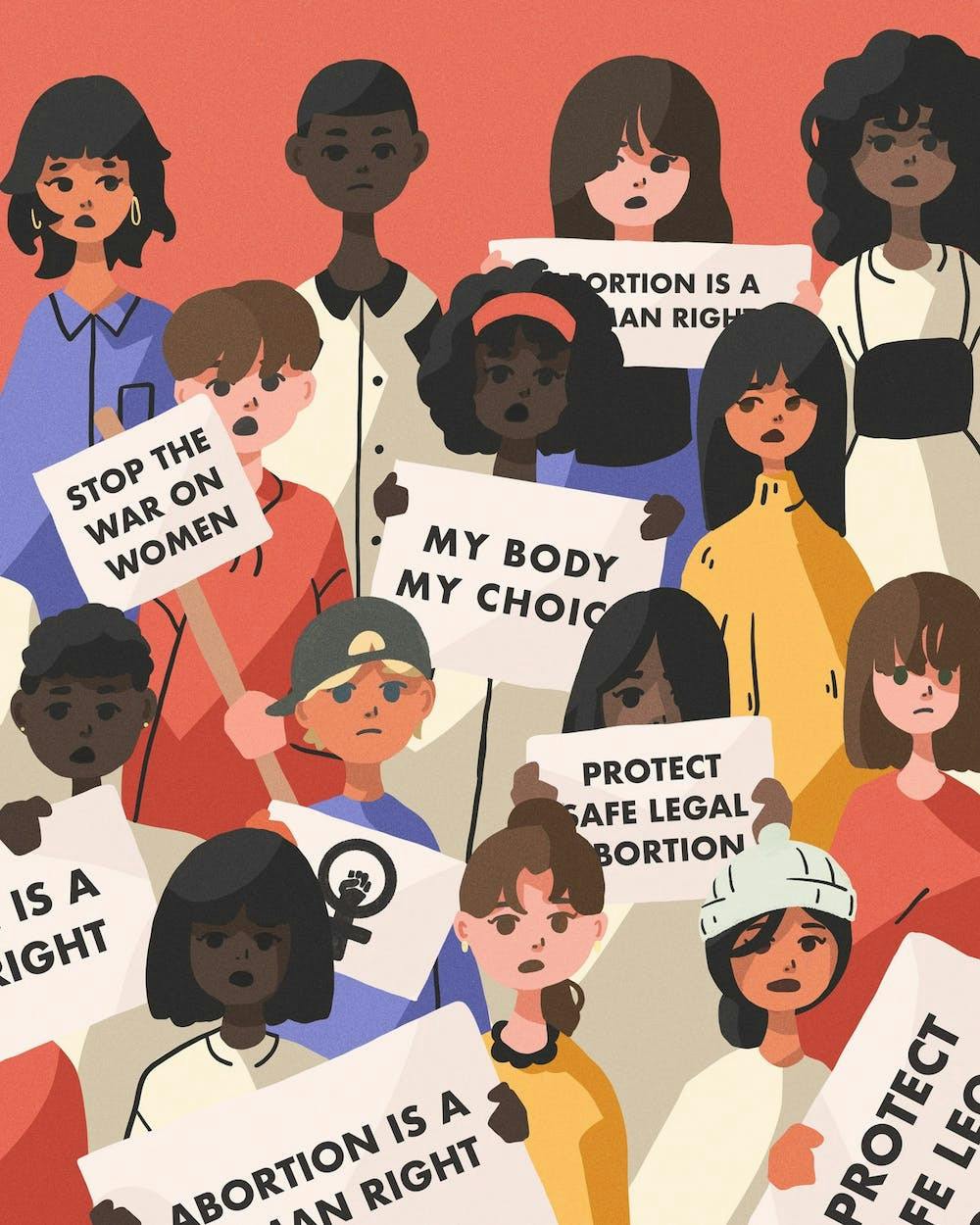The Rhode Island House Judiciary Committee recommended that the Equality in Abortion Coverage Act, which would ensure equal coverage for abortion procedures for individuals on state employee health plans and on Medicaid, be held for further study at a March 6 hearing.
The bill’s advocates must now wait for the committee to recommend the bill before it goes to the full House for a vote. If it passes the House, the bill will go to the state Senate and, if it passes there, to Gov. Dan McKee’s desk. Ajello said that during the waiting period, advocates are still actively urging legislators and McKee to pass the bill.
The recommendation comes following McKee’s written testimony submitted in support of the bill. McKee wrote that “whether a person is receiving medical assistance through Medicaid or through a state employee health plan, that person should not be barred from accessing all aspects of reproductive health care.”
Holding out hope
Holding a bill for further study is “procedural in nature,” according to the General Assembly website, and offers legislators a chance to review testimony from the hearing process before the bill can be brought up again at a later point.
Bills held for study are indefinitely postponed unless brought up again at a future date — a fate the EACA faced the past two years. Jocelyn Foye, executive director of the Womxn Project and advocate for the bill, said that when she began her work as an activist, she would panic that a bill was “dead” when held for study, but it’s actually a common political move to buy legislators more time.
Legislators often receive a bill in writing the same day they’re meant to attend committee, Foye explained. If the language of the bill is complex, they may want more time to analyze it before taking an official stance on its passage.
“Almost every bill, as I understand it these days, is held for further study,” Foye said, adding that the Reproductive Privacy Act was held for further study multiple times.
So while a vote on the EACA may be delayed for several months, Foye still expects the bill to come out of committee and be sent to the floor for a vote, especially with McKee’s support.
Bill co-sponsor and State Rep. Edith H. Ajello (D-Providence) highlighted that in addition to McKee’s written support for the bill, the governor also set money aside in the state budget for the EACA, creating a feasible path for its implementation if passed. She added that a majority of the members in the House and Senate support the bill.
“It’s the first time that we’ve ever had the full executive branch all in alignment on” the bill, Foye said. “That’s a huge difference.”
“It’s just a matter of when it passes, rather than if it will,” Ajello added.
According to Ajello, the bill’s sponsors — including Majority Whip Katherine S. Kazarian (D-East Providence), who introduced the bill in the Rhode Island State House this year — hope to vote on the bill before the General Assembly’s April break.
Communities rally in favor, against bill
Kazarian spoke out in support of the legislation’s passage during the hearing, calling it a “simple bill that addresses a simple issue.” She framed the bill as a “privacy issue” for patients, noting that some Rhode Islanders have had to resort to “scrounging up dollars” through online donation campaigns to afford abortion procedures.
“By not passing this legislation, we are saying that people in Rhode Island have a right to reproductive care and privacy only if they can afford to pay for it,” Kazarian said. “This bill fixes an entrenched, classist belief that low-income women do not deserve the same access or dignity as high-income women.”
“This bill, while it has the word abortion in the title, is about insurance policy,” she said, “not about re-debating the legality of abortion in our state.”
The bill is not without opposition. During the hearing, Bill McKenna, a former state representative, asked committee members to consider whether they would vote for the bill if it proposed the killing of kittens instead of abortion.
“Would the (Society for the Prevention of Cruelty to Animals) be told to keep its moral outrage to itself?” McKenna asked. “Would there be general outrage at the thought that anyone would propose such a thing?”
Despite some opposition, Foye said she is encouraged by the fact that, during the nearly five-hour hearing, many of those who spoke were in favor of the bill.
Foye noted that beyond some of the typical organizations expected to support the bill at the hearing — including Planned Parenthood, the Rhode Island Coalition for Reproductive Freedom and the Womxn Project — members of several other organizations spoke to the “intersectional angle” of the bill, including the R.I. Black Business Association, the R.I. Coalition Against Domestic Violence, the Latino Policy Institute and the R.I. Working Families Party.
“Restricting access to reproductive health services and choices places particularly dangerous burdens on victims of domestic and sexual violence,” said John Wesley, director of policy and advocacy at the R.I. Coalition Against Domestic Violence, in his support of the bill.
Harrison Tuttle, executive director of Black Lives Matter Rhode Island Political Action Committee, said that “ultimately, BLM R.I. PAC knows that communities of color are affected by this the most. … I urge the committee to pass this piece of legislation.”

Yael is a senior staff writer covering city and state politics. She is junior, and hails from the Bay Area.





